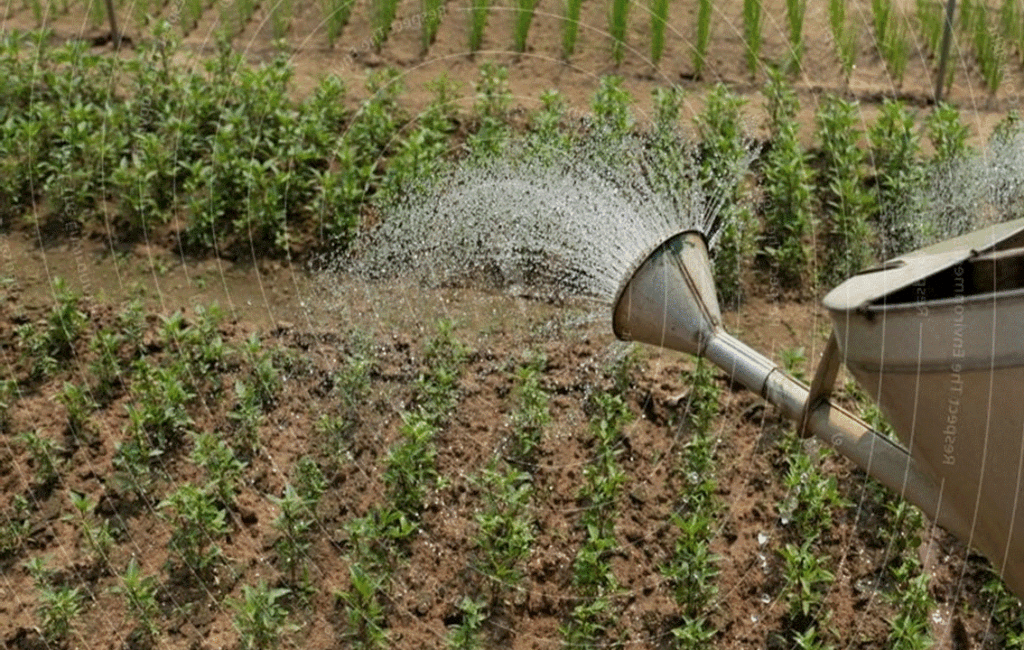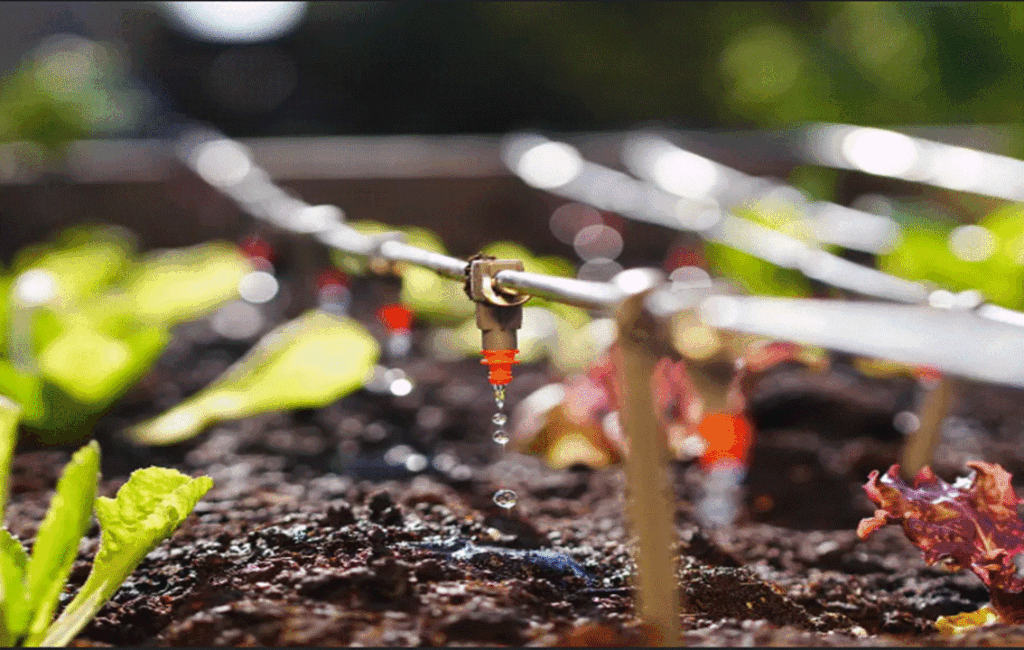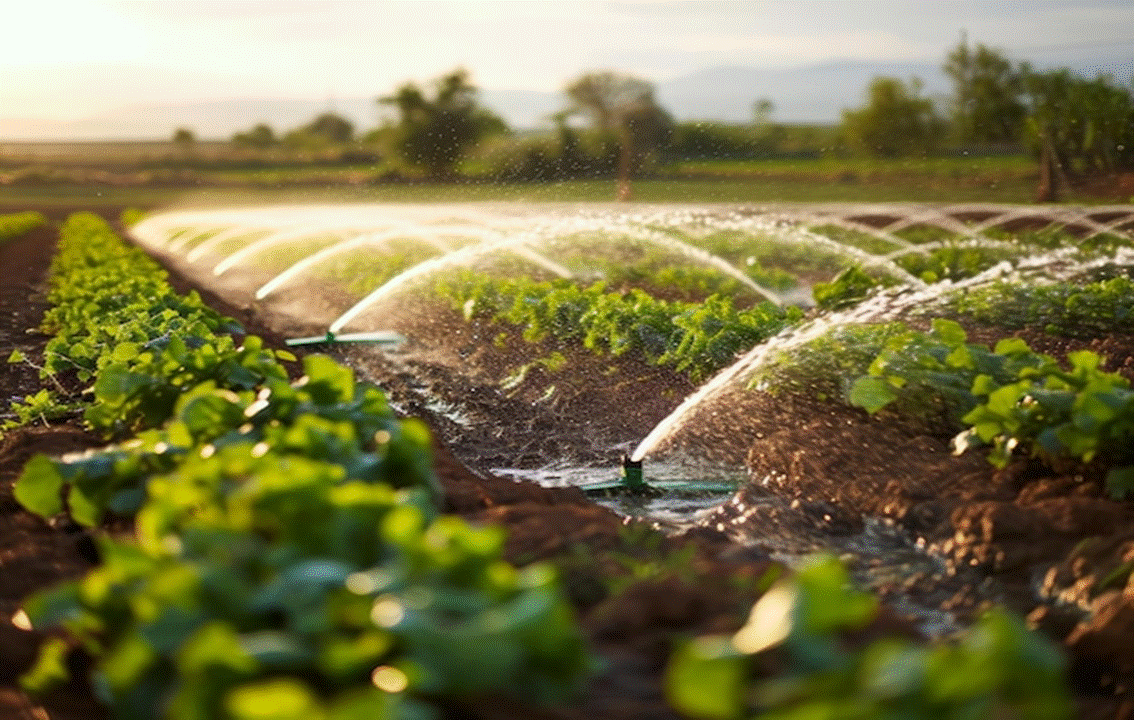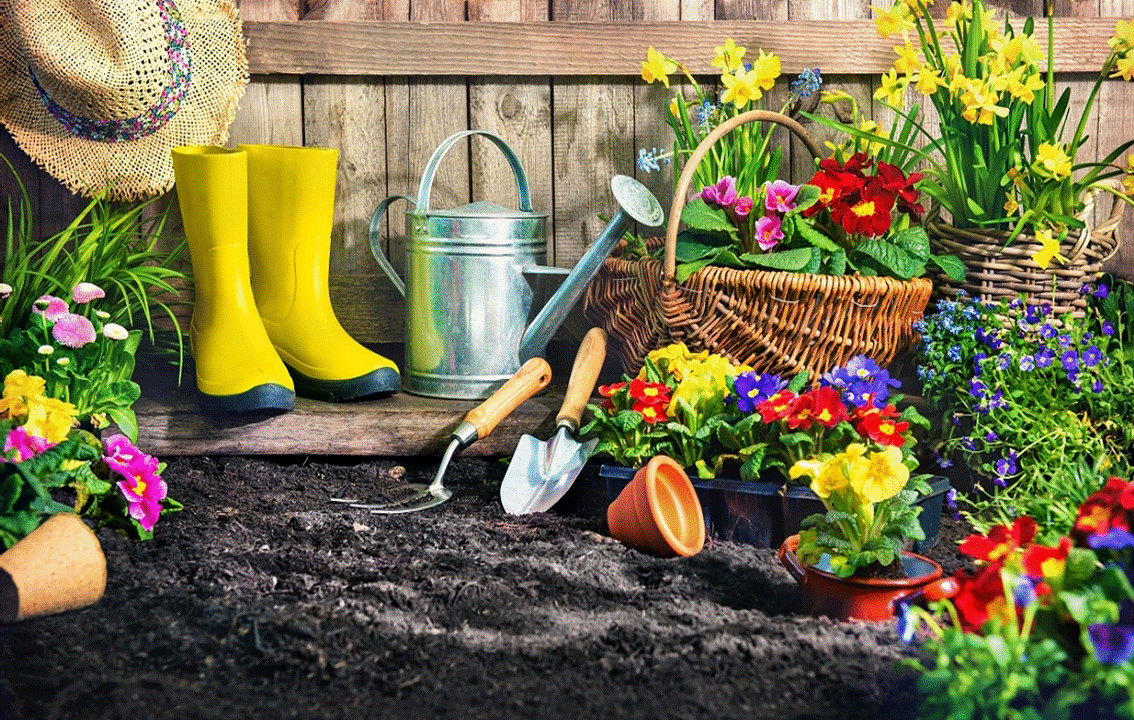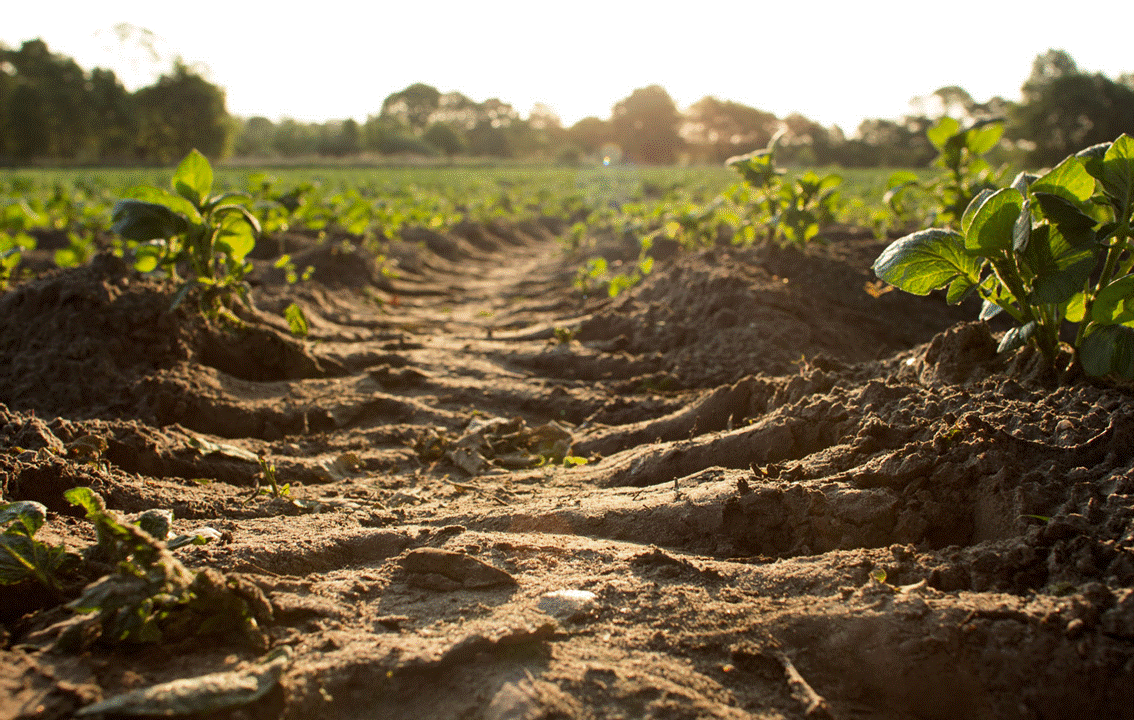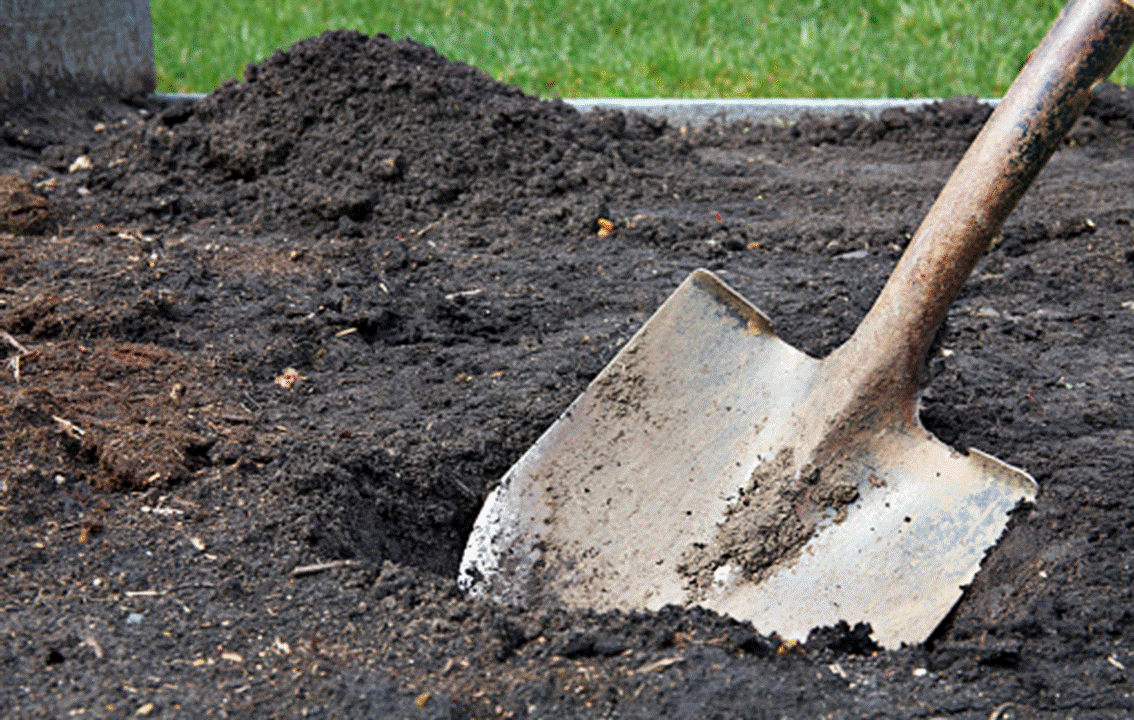GOOD WATERING PRACTICES
Organic gardening emphasises working in harmony with nature and proper watering practices play a key role in achieving this balance. In general, a good watering regime will minimise the risk of nutrient deficiencies and plant resilience will be enhanced by ensuring that plants receive the right amount of water at the right time. Incorporating efficient watering techniques can make a significant difference to the health and productivity of crops and in a world where water scarcity is a growing concern, it is imperative to use water efficiently in any garden. Implementing water conservation practices such as collecting rainwater, mulching, and using drip irrigation systems will help minimise water wastage and maintain a sustainable garden ecosystem. All of these methods are widely used all over the world, but the preferred method is hugely dependent on the size and scope of the organic garden.
Key principles to consider
Rainwater Harvesting: Collecting rainwater provides a sustainable water source and reduces the reliance on conventional water supplies. Rainwater is naturally soft and free of chemicals, making it an ideal option for irrigating organic plants.
Mulching: This is a valuable technique in organic gardening that helps retain soil moisture, suppress weeds, and regulate soil temperature. Applying organic mulch such as straw, leaves, or compost around the plants can reduce evaporation rates and minimize water loss, ensuring that the garden stays hydrated and healthy.
Timing and Frequency: Understanding the water needs of different plants in the garden is essential for effective watering. Some crops may require a frequent watering regime whilst others may prefer an infrequent method.
Soil Health: Observing soil moisture levels is another factor when implementing and then adjusting watering schedules. The health of the soil plays a significant role in water retention and plant hydration. Well-draining, nutrient-rich soil with ample organic matter can hold moisture effectively and support robust root growth. Regularly adding compost, organic fertilizers, and cover crops to the soil can improve its structure and water-holding capacity.
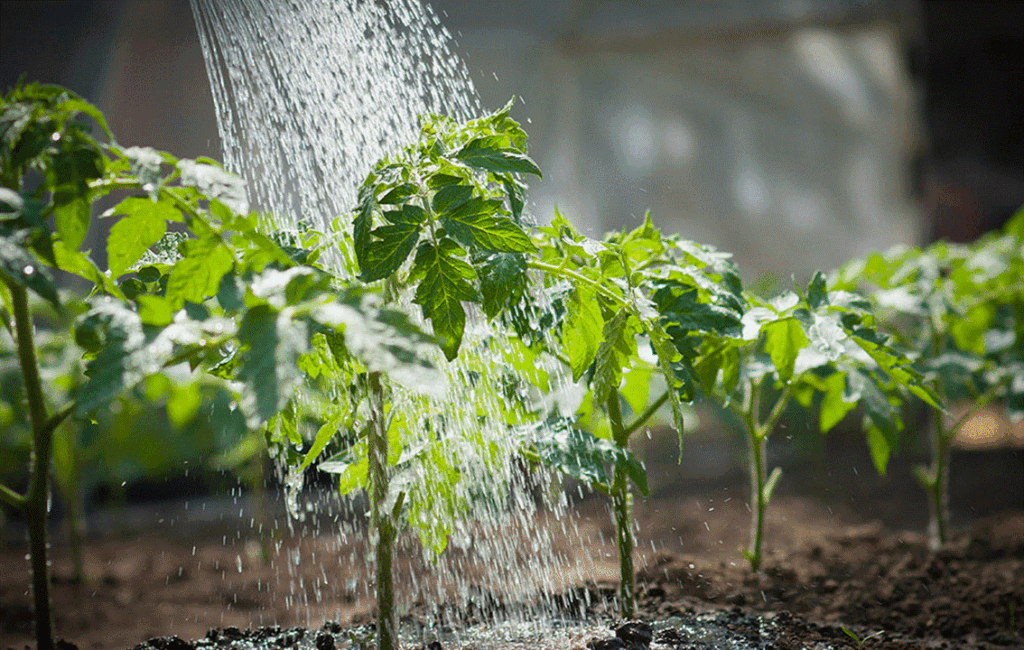
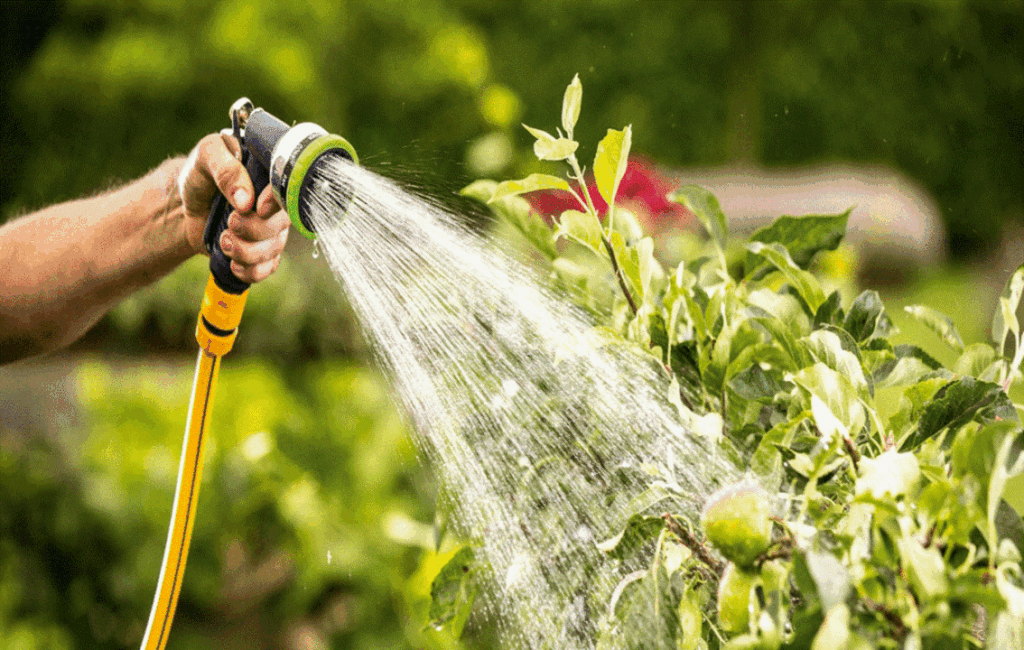
WATERING IS KEY TO SUCCESS
Water forms a fundamental part of the organic garden and becomes even more of a crucial element in the absence of synthetic fertilisers and pesticides. Creating a thriving organic garden requires a thoughtful approach to irrigation and proper watering techniques not only ensure the health and the vitality of plants but also help to conserve water, whilst promoting sustainable gardening practices. Utilising efficient watering techniques, as well as using effective tools is fundamental to cultivating a vibrant and sustainable garden ecosystem and understanding the water requirements of different plants is fundamental to success. Proper watering is not just about providing water to plants but also about nurturing a deeper connection with the natural world, whilst fostering a greener future for generations to come. Water remains crucial for healthy plant growth and for combating stressors naturally during plant development, and it is essential for various physiological processes, such as photosynthesis, nutrient uptake, and transpiration. To streamline watering processes it is important to maximise water efficiency. This can be achieved according to the needs of each individual garden and in some cases be made up of a single simple tool.
Tools for efficient watering
Watering Cans: This irrigation method is ideal for newly transplanted seedlings, delicate plants, or areas where precision watering is required. A good quality watering can, with a fine rose attachment, allows for precise watering without disturbing delicate plants and will also deliver water directly to the root zone of most plants without causing soil erosion. Watering cans made from durable materials such as galvanized steel or recycled plastic are preferred.
Garden Hoses: A garden hose equipped with an adjustable nozzle or spray gun enables a good constant control of water flow. Versatile spray patterns make it easy to water a variety of plants that have different watering requirements.
Soaker Hoses: These porous hoses, that release water along their length, allow for deep watering and efficient moisture distribution. Laying them around garden beds and covering them with mulch, can provide a slow, steady supply of water to several plants in the garden.
Drip Irrigation: This system of irrigation can easily be installed and slowly and regularly supplies water directly to the base of plants. This irrigation system also minimises both water loss through evaporation and runoff. These systems are easily customised to suit the layout of the garden and ensure consistent moisture levels for plants.
Moisture Meters: This device is used to monitor soil moisture levels and will determine when plants need watering, helping to avoid both drought stress and waterlogging.
Irrigation Systems: A programmable irrigation system can automate watering schedules for bigger gardens, ensuring that all plants receive water consistently erroneously.
